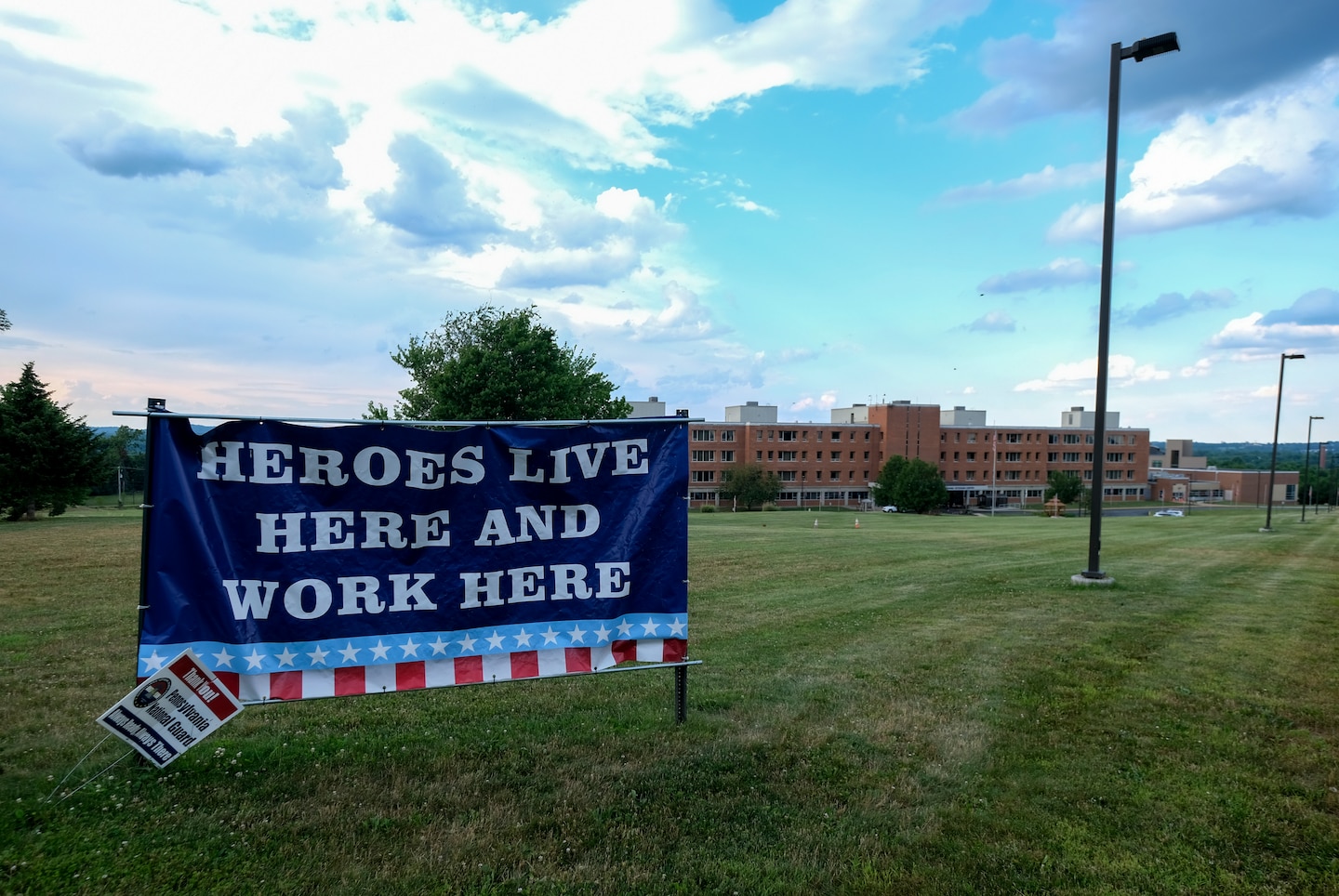House lawmakers probe patient care, hydroxychloroquine use, in state homes for veterans

Subcommittee Chairwoman Julia Brownley (D-Calif.) questioned why the drug, touted by President Trump for months as a potential treatment for covid-19, was administered to 30 residents at the Southeastern Veterans’ Center in Spring City, Pa., including patients who had underlying heart conditions and those who had not been tested for covid-19.
Earlier this month, The Washington Post reported that doctors at the 238-bed nursing home dosed patients with what came to be called a “covid cocktail” for more than two weeks in April, often over the objections of nurses and without the full knowledge of residents’ families. At least 11 residents received the drug even though they had not been tested for covid-19, The Post found.
Rep. Chrissy Houlahan (D-Pa.), who represents the district where the state-run home is located, asked VA officials whether the department provided any guidance on the use of the unproven drug, which has been shown to trigger cardiac problems and other adverse effects in patients. The Food and Drug Administration revoked an emergency-use authorization issued in late March.
“The covid-19 outbreak at Southeastern Veterans’ Center has broken the hearts of many in and around my community,” Houlahan said. “We certainly owe it to our veterans, especially those that still live in that facility, to do everything in our power to prevent this from happening again.”
Teresa Boyd, the assistant undersecretary for health for clinical services at VA, said there was no specific guidance about hydroxychloroquine but added that the drug has been around for years and that medications can be used off-label.
Houlahan said she was particularly concerned that a covid-19 vaccine would be given to veterans before it was widely proven safe and effective.
“I’d sure like to see lessons learned in real time instead of post pandemic and post autopsy,” she said.
Lawmakers also called on VA to step up oversight of the more than 150 homes, run by state governments with about $1 billion a year federal funding. One is the Holyoke Soldiers’ Home in Massachusetts, where 76 people died of covid-19 amid one of the most lethal outbreaks in the country. The Government Accountability Office reported last month that the home failed to enforce social distancing between residents and lacked staff and protective equipment.
Paul Barabani, who testified on Wednesday as a member of a coalition focused on improving patient care at Holyoke, said he has been advocating for residents and staff for years.
”What if they had listened to my request for additional staff? and the creation of individual rooms?” he said. “How many of these deaths may have been prevented if they had listened and acted?”
Brownley said VA’s inspections provide only “loose oversight,” relying on an outside contractor to assess homes and issuing recommendations rather than mandates for improvement.
Boyd said that states generally ensure quality care and proper staffing.
“We absolutely respect the autonomy of the state and their operational oversight and responsibilities with these state-run homes,” she said.
Rep. Josh Gottheimer (D-N.J.) said the administration needs to do far more to keep veterans healthy and safe.
“The question … that I have for this committee and to those testifying that I think we all have a right to ask: Who is in charge?” he asked.
Mikhail and Rosenzweig-Ziff are journalism students at Northwestern University’s Medill Investigative Lab.






